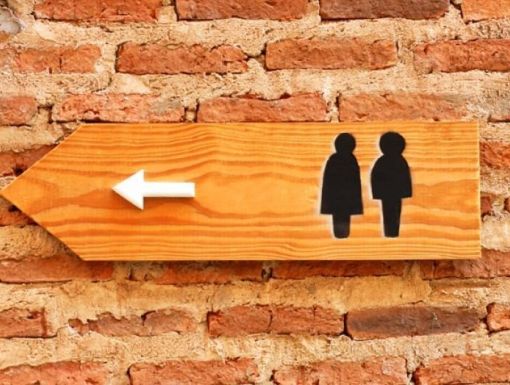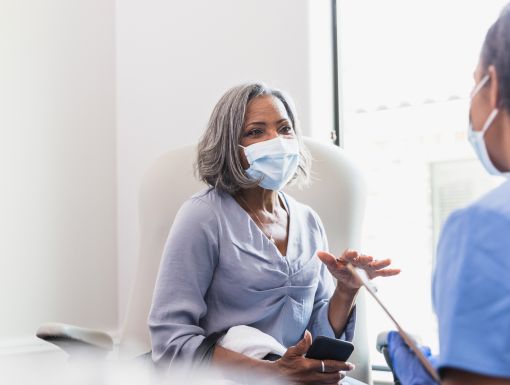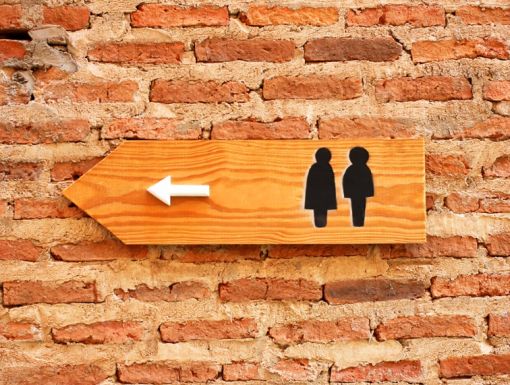
Top 11 Tips for a Healthy Bladder
Maintaining a healthy bladder is important for everyone. But how do you do that? It’s more than just drinking the proper amount of water. Your bladder is one of those body parts that you probably don’t think about until it stops working properly. These 11 tips will help improve your bladder health and avoid conditions like urinary tract infections or incontinence, which means peeing when you don’t mean to.
- Use the bathroom every three to four hours: Try to urinate at least once every few hours. Holding urine in your bladder for too long can weaken your bladder muscles and make a bladder infection more likely.
- Be in a relaxed position while urinating: Relaxing the muscles around the bladder will make it easier to empty the bladder. Avoid squatting over the toilet seat.
- Wipe from front to back: Women should wipe from front to back to keep bacteria from getting into the urethra. This is most important after a bowel movement.
- Urinate after sex: Sexual activity can move bacteria from the bowel or vaginal cavity to the urethral opening. Both women and men should urinate shortly after sex to lower the risk of infection.
- Do pelvic floor exercises: Pelvic floor exercises, also known as Kegel exercises, help hold urine in the bladder. Daily exercises can strengthen these muscles, which can help keep urine from leaking when you sneeze, cough, lift, or laugh. These exercises can also help in avoiding infections by strengthening the muscles that help empty the bladder.
- Wear cotton underwear and loose-fitting clothes: Wear loose cotton clothing. This will help keep the area around the urethra dry. Tight-fitting pants and nylon underwear can trap moisture, causing bacteria to grow.
- Keep a healthy weight and exercise regularly: People who are overweight may be at higher risk for leaking urine. Making healthy food choices and being physically active are critical in maintaining a healthy weight.
- Drink enough water: It is important to drink enough fluids so that you need to urinate every few hours. Your urine should be pale yellow to clear. Some people need to drink less water because of certain conditions, such as kidney failure or heart disease. Talk to your doctor about how much fluid is healthy for you.
- Limit alcohol and caffeine: Certain foods and drinks, such as sodas, artificial sweeteners, spicy food, citrus fruits and juices and tomato-based foods, make bladder problems worse. Changing your diet may help you feel better.
- Avoid constipation: Too much stool in the colon can put pressure on the bladder and keep it from expanding the way it should. Eating plenty of high-fiber foods (whole grains, vegetables and fruits), drinking enough water and being physically active can help prevent constipation.
- Quit smoking: Smoking is linked to bladder irritation and bladder cancer. If you smoke, it’s important to take steps to quit. Learn more about the Ochsner smoking cessation program.
What are the signs of a bladder problem?
- Inability to hold urine or leaking urine
- Needing to urinate more frequently or urgently
- Cloudy urine
- Blood in the urine
- Pain or burning before, during, or after urinating
- Having a weak stream while urinating
- Trouble emptying the bladder
It’s important to talk with a urologist if you are experiencing any symptoms of a bladder problem. Our team of urologists can create a plan tailored to your needs and condition.



